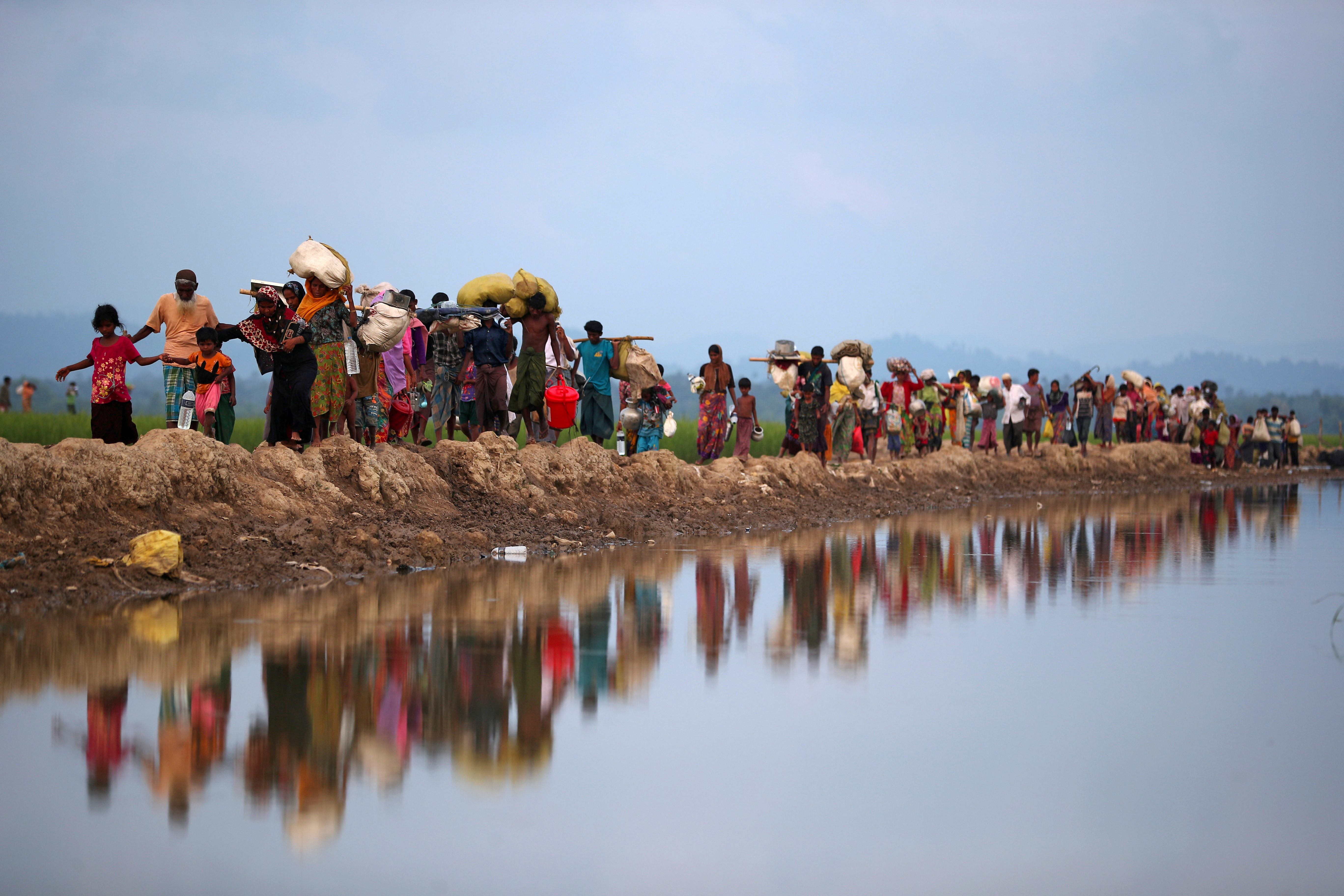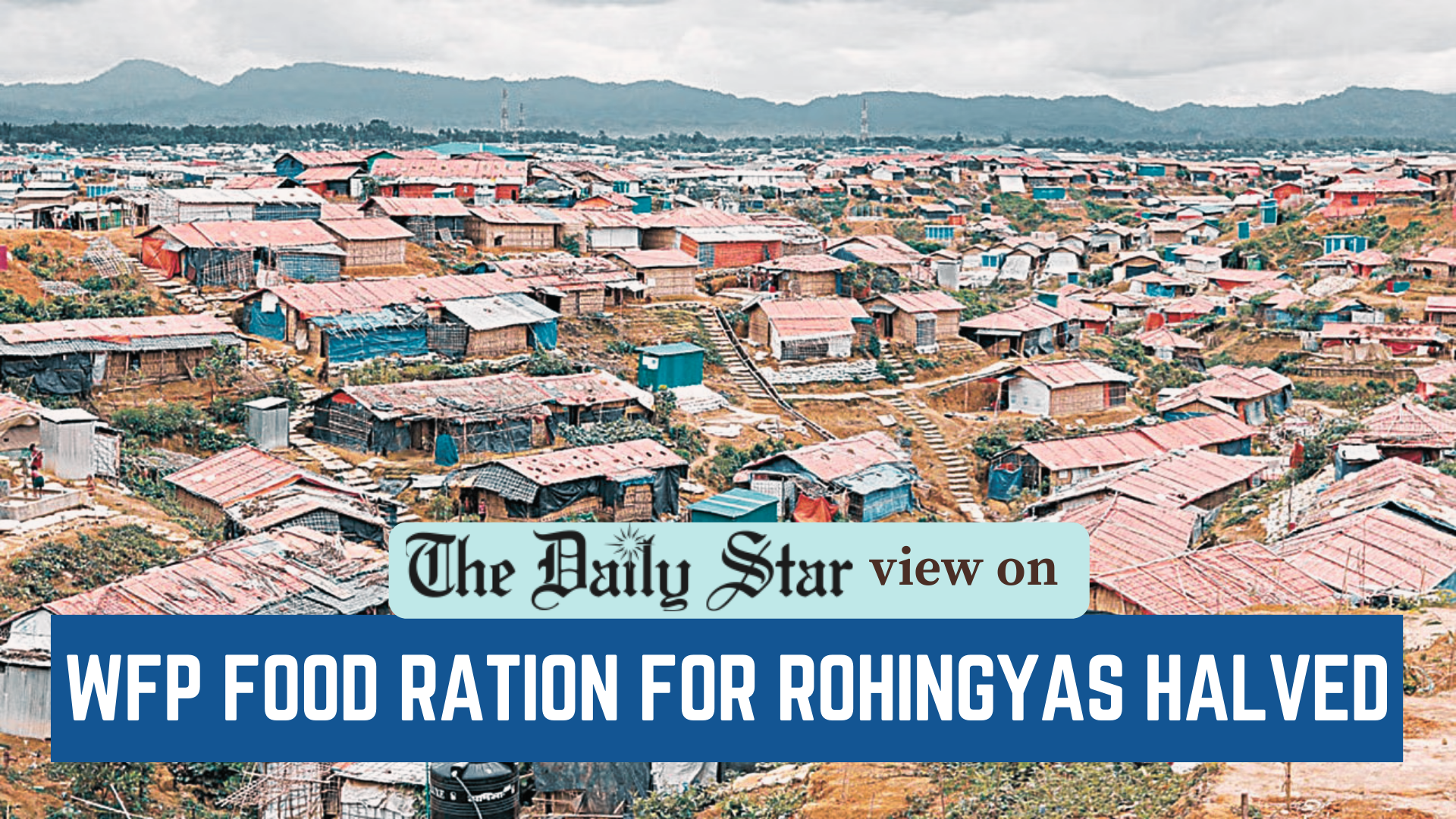Take steps to address militant threats in Rohingya camps

The recent arrest of Ataullah Abu Ammar Jununi, commander-in-chief of the Arakan Rohingya Salvation Army (ARSA), along with 10 others, has once again highlighted the militant threats long plaguing the refugee camps in Bangladesh. On Tuesday, Ataullah and six others were placed on remand while the rest were sent to jail. Earlier, Rab made the arrests after conducting special drives in Narayanganj and Mymensingh. According to case filings cited by Prothom Alo, all the arrestees except one hailed from Myanmar's Rakhine State, likely arriving in Bangladesh sometime after the mass exodus of Rohingya in 2017. This development is significant given how militant groups like ARSA have terrorised the Rohingya camps for years, engaging in targeted killings, abductions, trafficking, extortion, and such crimes.
Ataullah and his group first gained prominence after they carried out an attack on Myanmar's border posts in Rakhine in October 2016, resulting in the deaths of several officers. They gained wider notice following their August 25, 2017 attacks on around 30 police and army posts that led to the ruthless military crackdown that drove around 740,000 Rohingya into Bangladesh. Since then, ARSA has continued its activities within the refugee settlements. Hundreds of Rohingya are believed to have been killed by ARSA members. The group has also been accused of targeting Rohingya leaders advocating for repatriation, including the 2022 assassination of Mohib Ullah, chairman of the Arakan Rohingya Society for Peace and Human Rights. ARSA has also been linked to the killing of a DGFI officer near the Tumbru border, showing how militant threats within the camps spilled onto nearby territories, threatening our internal security.
For years, however, the Awami League government refused to acknowledge the activities of Rohingya militant groups. This not only provided cover for their operations but also created an environment of impunity that allowed them to expand their criminal networks. Even though ARSA appeared to have lost ground to its rival Rohingya Solidarity Organization (RSO) since 2023, the relative security vacuum has led to an exponential rise in violence—with murders, abductions, and extortion skyrocketing between 2022 and 2024, according to a recent report by Fortify Rights.
Against this backdrop, the government must take stern action to dismantle these militant groups. While it is true that they may try to exploit the vulnerabilities caused by the recent cuts in WFP/US funding for Rohingya refugees—with fewer resources now available for them—there is no alternative to strengthening internal security measures. The government should launch a comprehensive crackdown on all armed groups operating within the camps. Moreover, it must ensure that captured militants face justice, whether through domestic legal proceedings or through international mechanisms such as the International Criminal Court, as the director of Fortify Rights has recommended. While the wait for repatriation prolongs, we cannot sit back and delay action on these threats anymore.



 For all latest news, follow The Daily Star's Google News channel.
For all latest news, follow The Daily Star's Google News channel. 


Comments